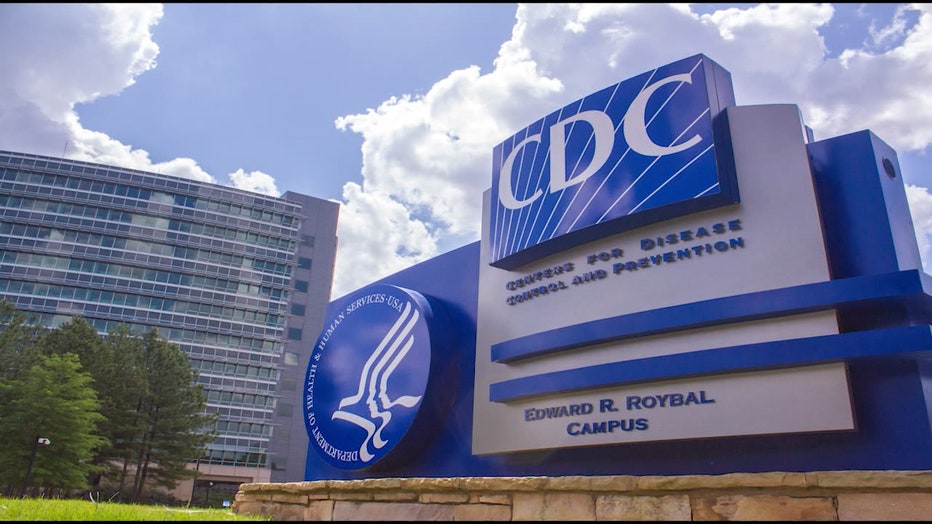CDC backtracks on coronavirus airborne transmission guidance
CDC revises COVID-19 transmission guidelines
The CDC changed its guidelines on how the coronavirus spreads through the air, but then days later it backtracked. This is not the first time the CDC has flip-flopped on COVID-19 guidance.
ORLANDO, Fla. - The CDC changed its guidelines on how the coronavirus spreads through the air, but then days later it backtracked. This is not the first time the CDC has flip-flopped on COVID-19 guidance.
The airborne nature of the virus has been a point of contention for months, and experts say the inconsistency in guidance is only causing confusion.
On Friday, the CDC added to its coronavirus page that COVID-19 can spread through the air. By Monday morning, that addition was removed.
At the top of the CDC coronavirus page, there's now a post that says "A draft version of proposed changes to these recommendations was posted in error to the agency's official website" and that the CDC is still updating its recommendations about the airborne transmission of the virus.
"I think it’s unfortunate and that it confuses the public," said Florida A&M University Associate Professor of Public Health Dr. Don Axelrad.

Centers for Disease Control and Prevention in Atlanta. (FOX 5)
Dr. Axelrad says many studies dating back to April and even earlier show that transmission of COVID-19 is airborne. In fact, the World Health Organization started acknowledging the aerosol transmission of COVID-19 back in July.
"We need a uniform national approach to minimizing conveyance of the disease," Dr. Axelrad said.
The CDC is back to saying COVID is transmitted primarily person-to-person through close contact. That flip-flopping is encouraging local leaders to stick to their own recommendations.
"We have developed protocols here that are in accordance with what we learned from the CDC prior to the pandemic," said Dr. Raul Pino, with the Department of Health in Orange County.
The flip-flopping of the CDC's recommendations leaves some to wonder whether or not these updates are coming from scientists.
"We are lagging behind most of the nations in the world as far as controlling COVID-19 and there’s a reason for that. Our messages have been mixed and we need to do much better," Dr. Axelrad said.
Dr. Pino says the CDC doesn't have any legal power to impose or enforce protocols. That's why it calls everything "advice" or "recommendations" on its website.
Visit the CDC's website to learn more.

